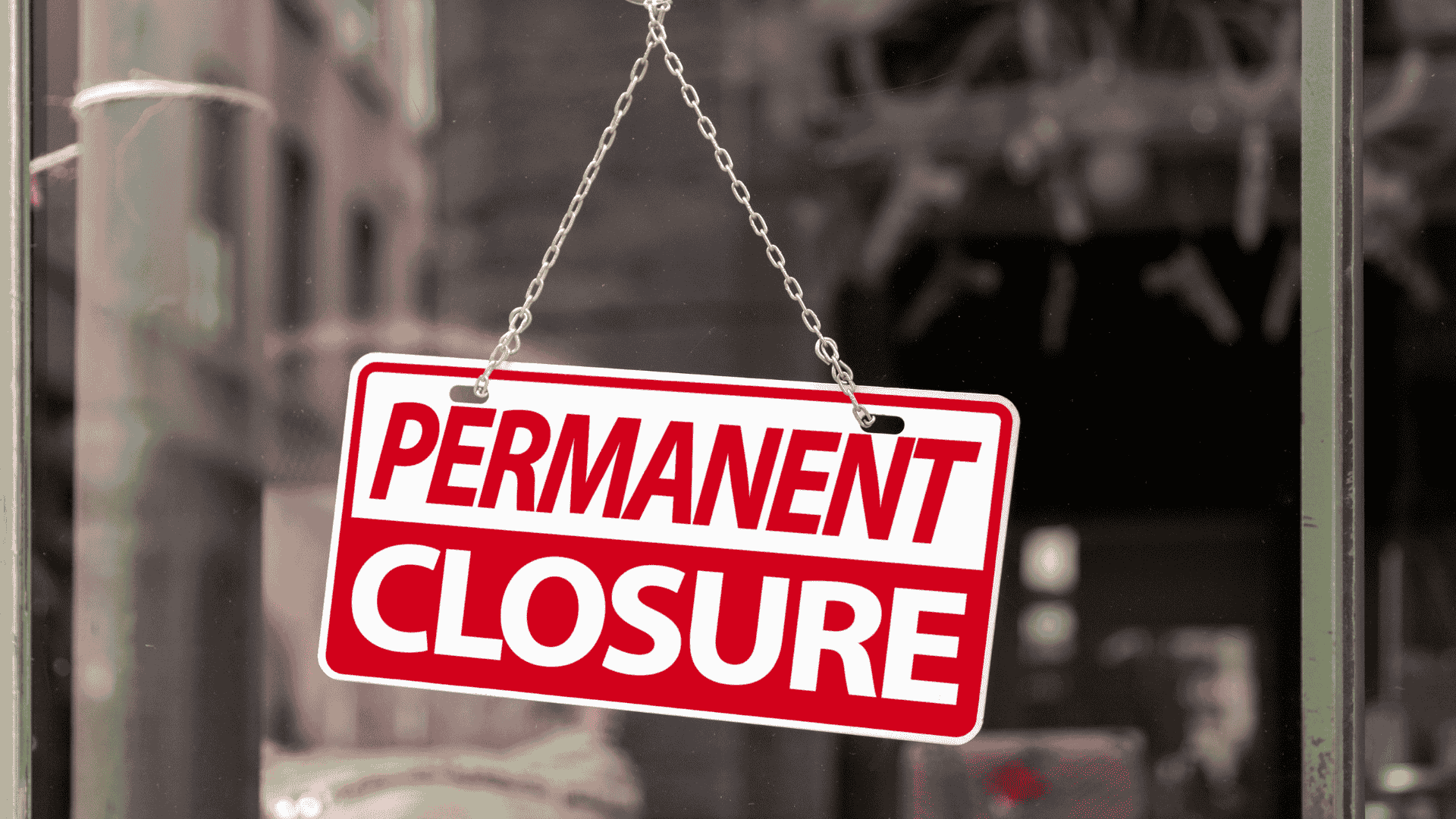
April 21st, 2024
Despite the commonly cited (and misleading) statistic that 90% of restaurants fail, the reality is more nuanced – but the struggles are real, especially for new restaurants. Based on firsthand accounts and hard-earned lessons shared by restaurant owners and workers across this Reddit thread, here are the most frequently mentioned reasons why so many startup restaurants struggle or shutter early:

Many hopeful restaurateurs are chefs, foodies, or home cooks driven by passion – but passion alone doesn’t pay bills. On Reddit, users repeatedly emphasize that creativity in the kitchen doesn’t equate to financial or operational know-how. Common pitfalls include:
Overcomplicating the menu with “innovative” dishes that alienate mainstream customers.
Underestimating costs, overestimating demand, and failing to establish a repeatable model.
Lack of systems for payroll, inventory, scheduling, and cash flow management.
Conversely, business-minded individuals with no foodservice background often stumble with menu execution, kitchen management, or staff training. It takes both.

Labor is one of the most volatile parts of the business. Reddit threads are full of horror stories:
Cooks ghosting mid-shift.
Front-of-house staff damaging customer relationships.
Chronic understaffing, especially post-COVID, where many experienced professionals left the industry for good.
Owners often wear multiple hats – chef, manager, dishwasher – not by choice, but out of necessity.

Redditors frequently describe restaurants as “cash-eating monsters.” Rent, food costs, labor, utilities, licensing, marketing – it all adds up quickly:
Monthly expenses can top $50,000 even for modest operations.
One slow month or a broken walk-in fridge can wipe out savings.
Third-party delivery apps (like Uber Eats and DoorDash) erode margins further, often taking 20-30% per order.
Restaurant-goers have changed:
Many are more budget-conscious, tipping less and ordering cheaper items.
Younger customers seek speed, convenience, and digital ordering over ambiance or table service.
Older patrons often balk at “expensive” prices, unaware of rising food and labor costs.
As one Redditor put it, “People want a $20 steak dinner that costs $22 to make.”

Many first-time owners assume the restaurant runs itself once it’s open. Reddit says otherwise:
You’ll be working 70–90 hours per week, including holidays.
Inventory runs, supplier issues, last-minute call-outs, customer complaints-it never ends.
Health inspections, licensing, tax filings, insurance—operational complexity is relentless.
Burnout is one of the top unspoken reasons owners close shop.

Reddit users warn: you can’t outcook a bad location. Common challenges include:
High rent with low foot traffic.
A misaligned target audience—like upscale dining in a low-income area.
Parking limitations or construction zones that deter regulars.
Success is hyper-local. Even moving one block over can make or break a restaurant.

A recurring Reddit theme is the steep learning curve for outsiders. Many failed restaurants were started by:
Retired professionals chasing a dream.
Tech founders or investors thinking hospitality is “easy.”
Influencers opening spaces for “brand vibes” rather than business viability.
Without prior restaurant or hospitality experience, even savvy entrepreneurs quickly find themselves in over their heads.
While Reddit doesn’t deny that many restaurants fail, users are quick to debunk the 90% myth:
According to U.S. Bureau of Labor Statistics data, around 20% fail in the first year and 50% by year five – on par with other small businesses.
The myth persists because restaurants fail loudly -vacant storefronts, public closures, Yelp rants – making them feel more common than they are.
The Reddit thread on Why do startup restaurants fail 90% of the time paints a picture of restaurant failure that’s less about unavoidable industry doom and more about a confluence of manageable challenges. While passion for food is undoubtedly essential, it must be coupled with solid business skills, financial planning, and a deep understanding of both operational complexities and the ever-evolving consumer landscape.
By addressing these key areas, aspiring restaurant owners can significantly increase their chances of not just surviving, but thriving, in one of the most competitive and rewarding industries. The key is not simply to open a restaurant, but to build a sustainable and resilient business.